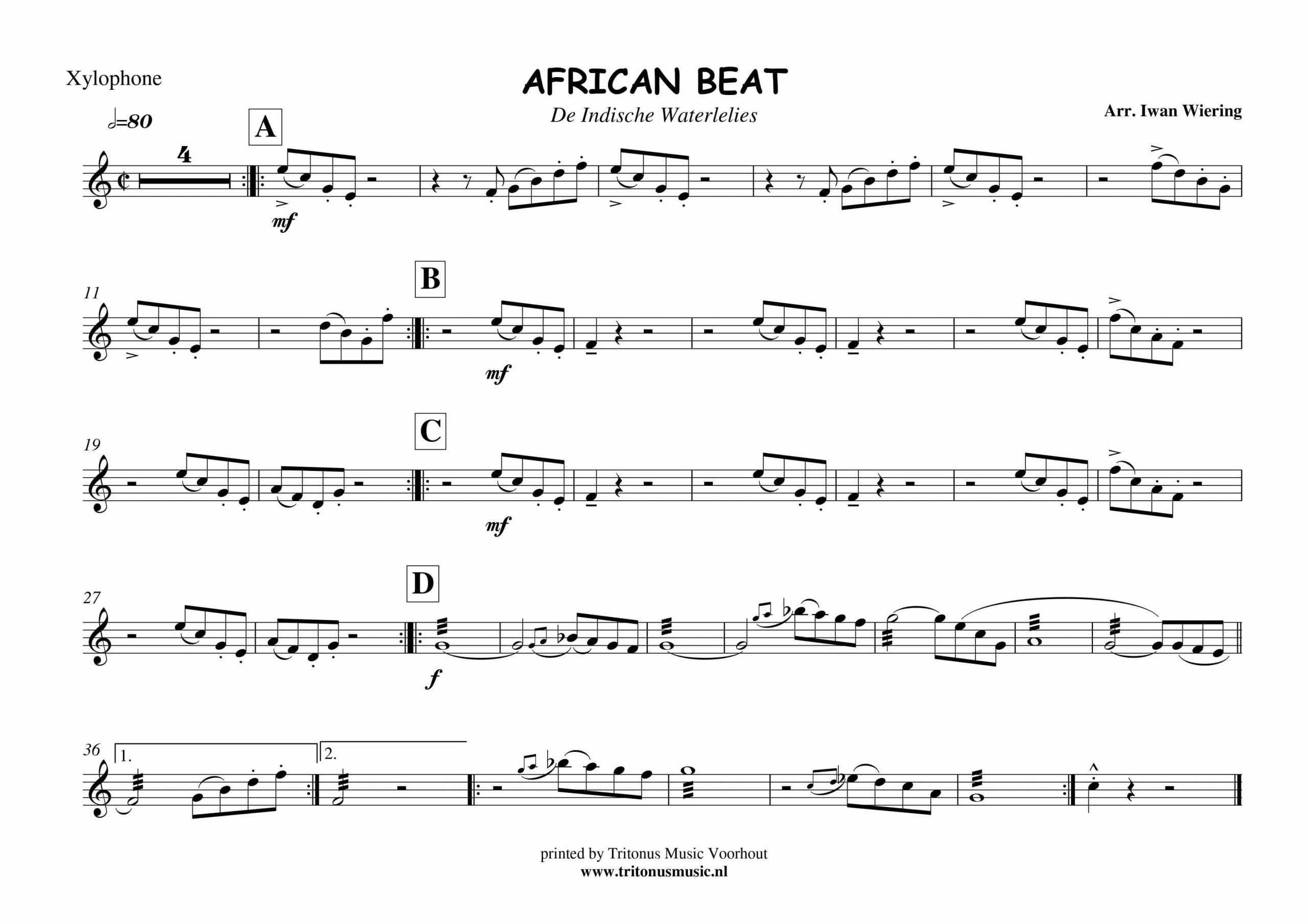On July 20, 2025, a coalition led by Sudan’s Rapid Support Forces (RSF) unveiled a self‑declared administration, naming it the “Government of Peace and Unity.” Based in Nyala, in the Darfur region, this rival authority challenges the internationally recognized government in Port Sudan and risks deepening Sudan’s ongoing civil war.
New Power Center in Nyala
Nyala—a key transit city with an airport, rail connections, and status as a trading hub for gum arabic—now serves as the base for the RSF-backed government. The coalition claims governance over nearly half of Sudan’s territory, spanning western Darfur and parts of Kordofan.
Who’s Who in the New Administration
The 15-member council is led by RSF commander General Mohamed Hamdan “Hemedti” Dagalo as head of state. Abdelaziz al‑Hilu of the rebel SPLM‑North serves as his deputy, while veteran politician Mohamed Hassan al‑Ta’ishi has been appointed prime minister. Governors for key regions were also announced.
Context: A War Now in Its Third Year
Since April 2023, Sudan has suffered a brutal internal conflict between the RSF and the national army led by General Abdel Fattah al‑Burhan. The war began over disputes on integrating RSF into the national forces and has claimed tens of thousands of lives. Over 12 million people are displaced, and more than 24 million face food insecurity.
Motivation Behind the Parallel Government
As battlefield momentum stalls on both sides, the RSF appears to be seeking political legitimacy through its new governing body. Analysts warn this is less a peace initiative than an effort to consolidate authority in its territorial strongholds and cement a division of Sudan.
What the Coalition Represents
The coalition, known as Sudan Founding Alliance (Tasis), includes 24 armed factions from Darfur and Kordofan regions. Its founding charter—signed in Nairobi earlier in 2025—advocates a secular, decentralized state with regional autonomy and a unified national army
Domestic and Regional Reaction
Khartoum’s internationally recognized authorities rejected the move outright, labelling the parallel government “illegal” and urging other states and international bodies not to support it} The African Union’s Peace and Security Council condemned the action as a “serious threat to Sudan’s unity,” calling on member states to recognise only the Transitional Sovereignty Council and the Port Sudan administration. The Arab League issued a similar warning, describing the initiative as an attempt to impose division by force
International Response and Sanctions
The United States has designated RSF and Hemedti as responsible for genocide and imposed sanctions over the group’s documented atrocities in Darfur. Civilians have suffered ethnic targeting, sexual violence, and mass displacement under RSF control.Meanwhile, RSF territory continues to endure air and drone strikes by Sudan’s army, worsening humanitarian conditions
Why It Matters
- Threat to national unity: The rival government may herald a split similar to South Sudan or—at worst—Libya’s fracturing.
- Legitimacy competition: The RSF is attempting to rebrand itself not as a militia but as a governing authority.
- Entrenchment of armed politics: Incentives for other militias and regional actors to assert political power may increase.
- Humanitarian fallout: Nearly half the population faces hunger; systemic neglect in RSF zones impedes aid access.:
Conclusion: A Turning Point or Deepening Crisis?
The RSF’s declaration of a self-styled government constitutes a pivotal moment in Sudan’s civil war. While positioned as a solution for governance voids in RSF-controlled areas, the move risks formalizing divisions instead of advancing peace. Without international recognition and amid warnings from the African Union and Arab League, the new entity may further destabilize rather than stabilize Sudan. As foreign actors weigh their response, Sudan’s path toward reconciliation now hinges on inclusive dialogue, constitutional legitimacy, and urgent humanitarian relief. The longer conflict persists amid such fragmentation, the more entrenched these rival power centers may become—threatening lasting division in a country too long plagued by war.
for more news visit our website africaciviclens.com




